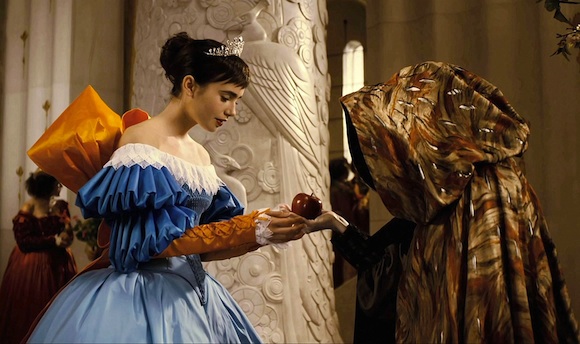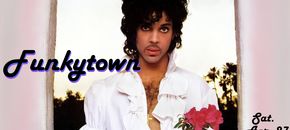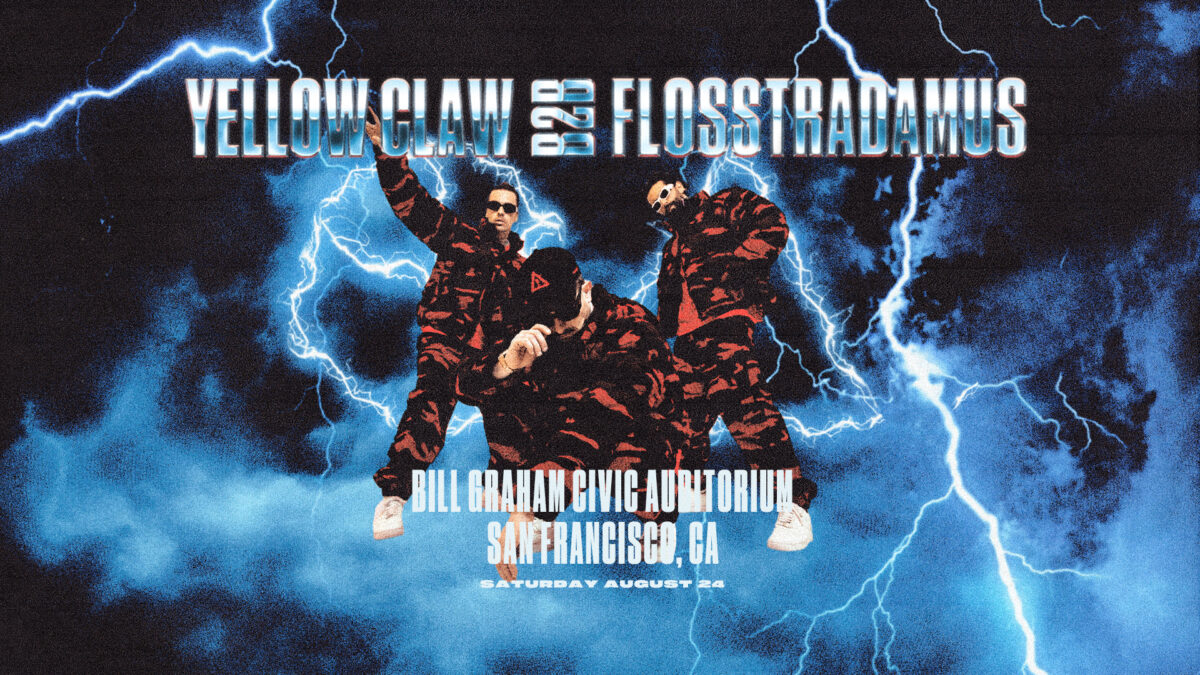Movie Review: Mirror Mirror
More than 200 years after they first transcribed and transliterated European folk tales, the Brothers Grimm continue to provide Hollywood studios with an overabundance of material. It helps, of course, that the Brothers Grimm oeuvre lapsed into the public domain long ago.
In just the last year, two fairy tale-centered series, Grimm and Once Upon a Time, debuted on network television and now, just months later, the first of two big-budget, Snow White-centered adaptations, Mirror Mirror, arrives in multiplexes (the other, Snow White & the Huntsman, a comedy-free, dark fantasy-adventure, debuts this summer). Directed by Tarsem (Immortals, The Fall, The Cell), Mirror Mirror re-purposes Snow White as a sly, if not particularly profound, satire of celebrity culture, and the 1% (a.k.a, the “haves” in the “haves and have-nots” equation), kid-friendly comedy, filtered, of course, through Tarsem’s opulent, baroque visual style.
If the initial voice over narration is any indication (and it isn’t), Mirror Mirror isn’t Snow White (Lily “daughter of Phil” Collins) story, but rather Snow White’s not-so-misunderstood stepmother and current queen, Clementianna (Julia Roberts). After taking over the unnamed kingdom from Snow White’s father and practically imprisoning Snow White for the duration, the Queen and her profligate spending have left the kingdom near bankruptcy and the populace impoverished. That doesn’t stop Clementianna, from sending her chief courtier and executive bootlicker, Brighton (Nathan Lane), to the nearest town to collect the proceeds from yet another burdensome levy on the kingdom’s subjects. The Queen plans to use the levy to finance a lavish ball in her honor. The ball will also give the queen the opportunity to romance the significantly younger, significantly wealthier Prince Alcott of Valencia (an earnest, frequently shirtless Arnie Hammer). Marrying Prince Alcott will refill the kingdom’s empty coffers and, more importantly, finance the queen’s future spending sprees.
A newly assertive Snow White ventures outside for the first time in a decade. She not only meets the prince, saving him and his man-servant, Renbock (Robert Emms), from an uncomfortable, chilly fate, but once in town, she sees firsthand the consequences of the Queen’s malignant, malevolent rule. When she returns to the castle, her impetuous decision to crash ball results in permanent banishment and a chance meeting with the seven dwarves, Napoleon (Jordan Prentice), Half Pint (Mark Povinelli), Grub (Joe Gnoffo), Grimm (Danny Woodburn), Wolf (Sebastian Saraceno), Butcher (Martin Klebba), and Chuckles(Ronald Lee Clark). Once productive members of society, the dwarves turned to literal highway robbery to make ends meet. In short order, however, Snow White convinces them otherwise. They in turn help Snow White channel her inner girl power, transforming her into a self-actualizing princess-warrior ready and eager to dethrone her stepmother as Queen.
Julia Roberts seems to relish the opportunity to play a shallow, vain, youth-obsessed egotist and megalomaniac, making for a formidable evil stepmother/queen. Not surprisingly, she also has the bulk of Mirror Mirror’s best lines, courtesy of Melissa Wallack and Jason Keller’s (Machine Gun Preacher) screenplay. As Snow White, Lily Collins holds her own with Roberts in the few scenes they actually share. She tends to play straight woman to the Hammer’s prince and the dwarves. The dwarves tend to blend together, an obvious consequence of a script that fails to give the dwarves the screen time and dialogue lines necessary to distinguish them from one another. Nathan Lane’s turn as the bumbling, obsequious courtier doesn’t offer him the opportunity to stretch his comedic talents. That said, the comedic courtier role seems tailor made for Lane’s omega male persona.
Unfortunately, Tarsem never seems more bored and disinterested when Mirror Mirror’s script calls for the obligatory action scene. The action scenes are lazily, unimaginatively choreographed and even more lazily, unimaginatively executed. Tarsem also continues to have difficulty creating and maintaining narrative momentum (i.e., pacing). He desperately wants to linger on the opulent, sumptuous production/art design and the late Eiko Ishioka’s (Bram Stoker’s Dracula) richly ornate costumes, so he does, repeatedly. Tarsem is at his best (“best” being a relative term) when, with the credits rolling, obviating the concerns or demands associated with fictional storytelling, he slips in a Bollywood-inspired musical number. Collins actually provides the pop-inflected vocals, confirming (as if any confirmation was needed) that she inherited her father’s singing talent.
Showtimes and Tickets








